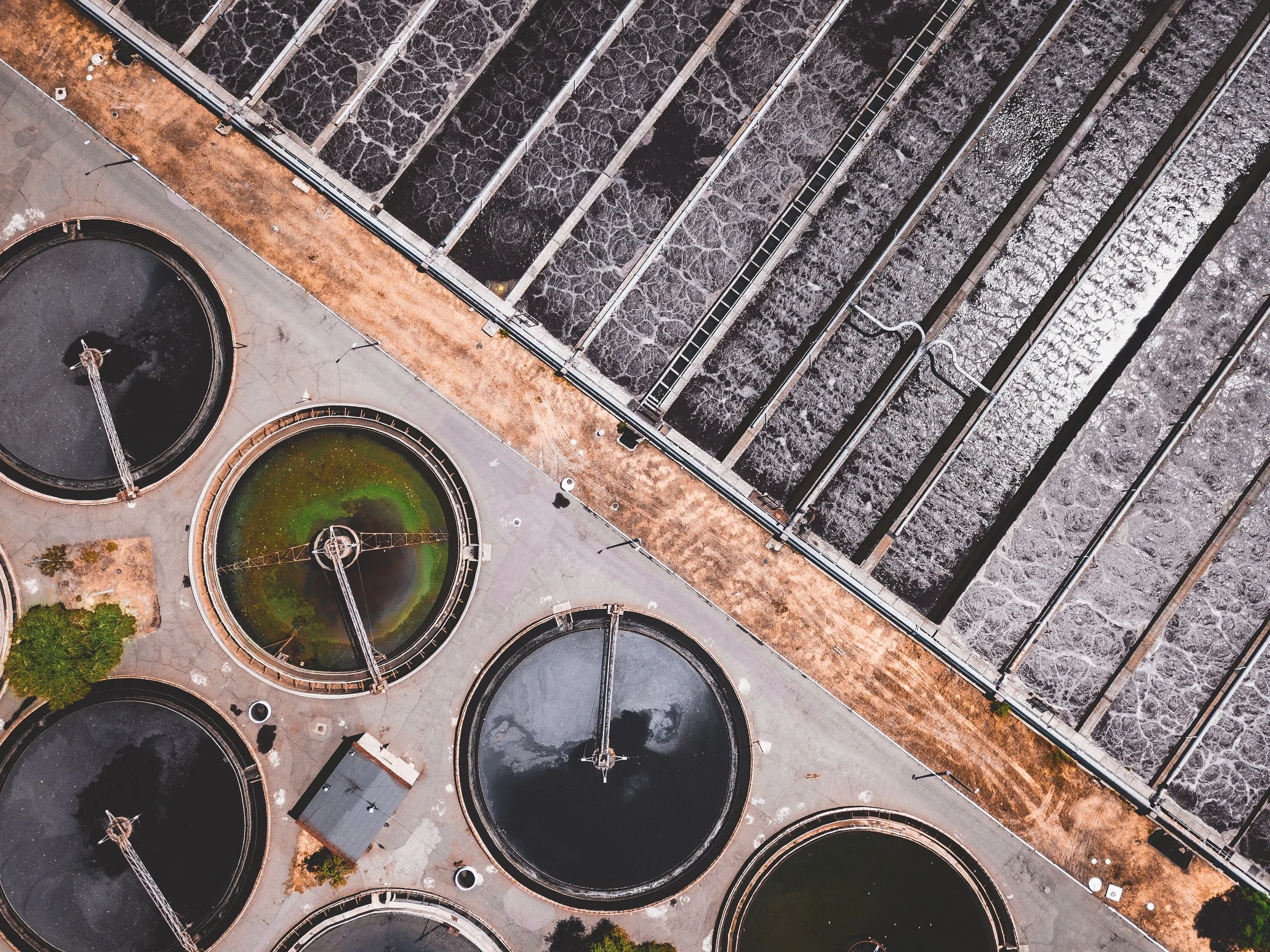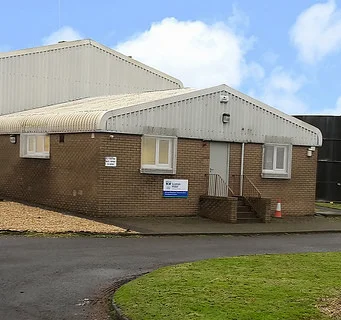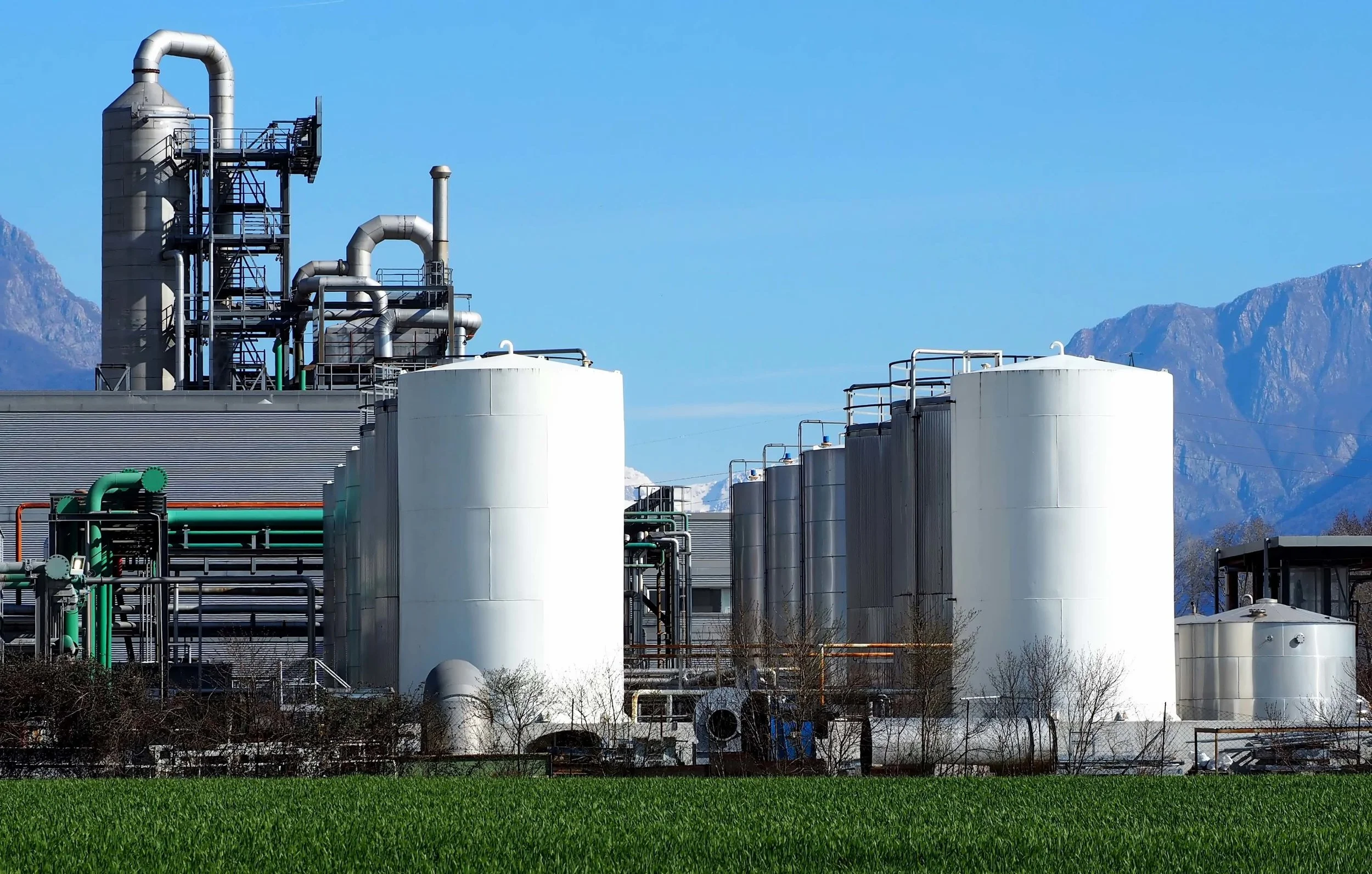Established in 2006 by Global Water Intelligence, the awards recognize the most important achievements in the international water industry within several categories, and reward those initiatives in the water, wastewater and desalination sectors that are moving the industry forward through improved operating performance, innovative technology adoption and sustainable financial models.
Read MoreMicrovi announced today that they received the Bio-Based Chemical Innovation of the Year Award from World Bio Markets Insights. The awards took place in Amsterdam at the 4th annual awards ceremony at World Bio Markets 2019 on April 2, 2019.
Read MoreMicrovi Biotech Inc. announced today that their proprietary wastewater treatment technology, Microvi MNE, has shown consistent removal rates for high strength ammonia of up to 99% during sidestream treatment.
Read MoreAgainst the challenge of changing climatic conditions and capacity-limited treatment assets, Scottish Water is seeking new technologies to meet tightening Total Biochemical Oxygen Demand (TBOD) and ammonia standards while ensuring lowtotal expenditures.
Read MoreElemental Excelerator is a growth accelerator focused on improving systems that impact people’s lives. Microvi has received funding as part of Elemental’s Equity and Access Track to implement projects focused on nitrate removal in contaminated drinking water for low- to moderate-income communities in California.
Read MoreMicrovi and WesTech have installed a fully automated Microvi MNE demonstration plant configured as a tertiary nitrification system for ammonia removal. Microvi’s MNE technology intensifies the treatment process, allowing Thames Water to treat more wastewater within existing infrastructure—meeting the demands of anticipated population growth.
Read MoreThe project promises to improve fuel efficiency and economy. The project will create a bio-based fuel additive that can be blended with diesel fuel to significantly reduce soot and greenhouse gas emissions and yield cleaner engine operation in cold-weather conditions.
Read MoreMicrovi recently demonstrated the successful application of MNE for enhanced production of n-butanol. The trials have been funded by a USDA grant with results showing that MNE has a higher titer and yield compared to conventional fermentation processes.
Read MoreMicrovi MNE™ wastewater solutions, based on Microvi’s proprietary MicroNiche Engineering™(MNE) platform, overcome challenges with the conventional paradigm. Microvi MNE reduces waste and chemical usage for cost-effective phosphorus capture and recovery for a sustainable circular economy.
Read MoreInstalled in April 2018, results from the demonstration show that the combined nitrification-denitrification process can achieve effluent levels consistently below 3 mg/L and even as low as 1 mg/L TN from influent ammonia (NH3) concentrations as high as 45 mg/L. These results occur with a retention time of under two hours, and little to no biosolids are produced.
Read MoreStudies completed over the past year, funded through a Phase II NIH grant, show unprecedented removal rates of 1,2,3-Trichloropropane (TCP) and co-contaminants using Microvi’s cometabolism treatment technology.
Read MoreToday, the U.S. Environmental Protection Agency announced a combined $600,000 in funding for Microvi Biotech Inc., of Hayward, Calif.
Read MoreThe project will test San Francisco Bay Area-based Microvi’s MicroNiche™ Engineering (MNE) technology. This innovative technology uses densely packed natural microorganisms to efficiently treat used water and remove organics, ammonia and phosphorus
Read MoreMicrovi Biotechnologies announced today that they received an Honor Award for their Microvi MNE™ process for nitrate removal from drinking water as part of the 44th Kirkpatrick Chemical Engineering Achievement Awards.
Read MoreThe rankings recognize biotechnology innovation and achievement in fuels, biobased chemicals, nutrition, health, synthetic biology, and materials, and the Hot 40 specifically recognizes emerging companies founded in the past 10 years.
Read MoreMicrovi’s breakthrough wastewater treatment technologies have been accepted into the prestigious Leaders Innovation Forum for Technology (LIFT) program, the company announced today.
Read MoreMicrovi’s new butanol technology features an intensified process that offers significant cost reductions compared with conventional technologies by nearly eliminating the need for costly distillation processes.
Read MoreThe recognition follows Microvi’s recent awards, including the 2017 Business Innovation Award, the 2017 Environmental Achievement Award, and the company’s first-place finish in the 2017 East Bay Innovation Award in the clean tech category.
Read MoreThe 2017 Environmental Award was awarded to business, schools and non-profit organizations committed to sustainability in the areas of waste reduction, energy efficiency, water conservation and environmental education.
Read MoreThe talk, entitled “Bioprocess development for 1,4-dioxane treatment: Bench through field investigation,” will be delivered by Microvi’s Director of Innovation Research Ameen Razavi. It explores the challenges of dioxane remediation.
Read More







